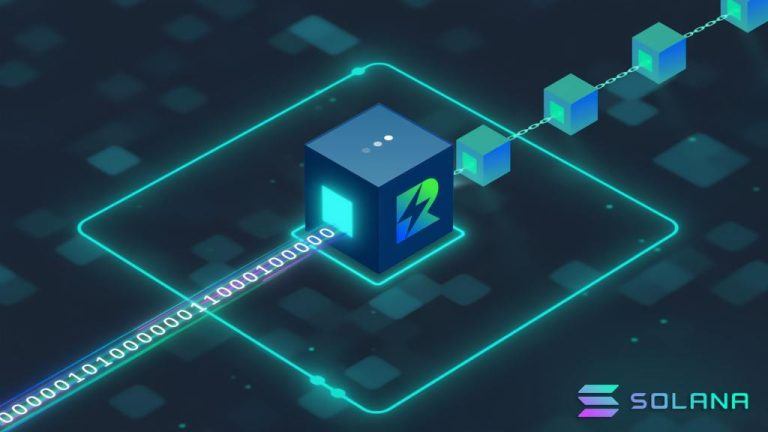
The United Kingdom's financial regulator has endorsed a blueprint model designed to facilitate the tokenization of funds for asset management firms.
Investment managers in the United Kingdom are receiving regulatory support to leverage blockchain technology for the tokenization of funds, breaking away from conventional record-keeping systems.
In a recent report published by The Investment Association (IA), it argued that fund tokenization – issuing tokenized units or shares on distributed ledger technology (DLT) – will lead to a more efficient and transparent financial industry.
In particular, the use of a real-time record keeping system shared across all parties servicing the fund will reduce the fund administration costs, simplify the reconciliation process, as well as allow quicker settlement times.
We are excited to announce the first phase of @hmtreasury Asset Management Taskforce - Technology Working Group's work on harnessing the potential of innovative technologies is now complete. Published today, the UK Fund Tokenisation report, provides the green light for the… pic.twitter.com/thrudAZRqt
— The Investment Association (@InvAssoc) November 24, 2023
Sarah Pritchard, executive director of markets and international at the Financial Conduct Authority (FCA), emphasized that while the regulator is open to exploring innovative avenues for asset managers, it must also delineate the potential risks:
“This is an exciting milestone and paves the way for exploring more transformative use cases in the future. We want to support firms to implement technological solutions which enhance and strengthen the UK’s asset management industry, while addressing risks and potential harms.”
Meanwhile, the report proposed certain principles for implementing tokenized funds.
These principles include ensuring relevance to both domestic and international investors and avoiding anarrow focus solely on the investment asset manager industry.
“Offer opportunities to the widest possible range of firms across the sector, rather than focusing on any specific type of firm, product type, asset class, or customer group,” the report noted.
Furthermore, it articulated the need for an accompanying roadmap for delivery and a focus on competitiveness and efficiency within the sector.

The fund would have to be established in the UK, and be FCA authorized, along with having to adhere to traditional financial industry standards. It further stated that the legal and regulatory rules would remain the same.
In a separate statement, the UK government reiterated its support for the blueprint model, declaring its commitment to improving innovative approaches within the nation:
“The government warmly welcomes this publication. It will advance the wider conversation on the role of technology in asset management, and signals that the UK is welcoming of innovation and open for the exciting new business of the future.”
Related: Token adoption grows as real-world assets move on-chain
This follows recent news that investment firms in the UK have been strengthening their staff dedicated to digital assets.
On September 10, Cointelegraph reported that one-quarter of asset managers and hedge funds in the U.S., UK, and Europe have recruited senior executives to oversee digital asset strategies.
According to a survey, 24% of asset management firms adopted a digital assets strategy, with an extra 13% planning to do so in the next two years.
Magazine:This is your brain on crypto: Substance abuse grows among crypto traders

